Bhopal: The Sustainable Energy Conclave Series – Madhya Pradesh edition was hosted by APAC News Network, featuring IAS Raghuraj Madhav Rajendran, Managing Director of M.P. Power Management Company Limited, as the chief guest. Addressing the theme “Building Sustainable Grids Together,” he shared insights on achieving sustainability for a well-maintained energy habitat.
“We are all in one way or the other connected with the energy ecosystem and trying to ensure that lives are energised because of our efforts. To be successful in the real sense of the term, it is but natural that it has to be done in a sustainable manner, because energising cannot be for a fleeting moment. It has to be sustainably there for all of us, for our next generation, of our children, and our grandchildren and so on,” Rajendran said.
The different aspects of sustainability with respect to energy
Environmental sustainability: It involves adopting practices and technologies that minimise negative impacts on the environment throughout the entire energy life cycle. This includes sourcing energy from renewable resources like solar, wind, and hydropower, promoting energy efficiency, reducing greenhouse gas emissions, and managing waste responsibly.
Financial sustainability: It involves ensuring that energy systems and initiatives are economically viable and can maintain their operations over the long term. This includes implementing cost-effective technologies, optimising energy production and distribution processes, and exploring business models that balance profitability with environmental and social considerations.
Cultural sustainability: It acknowledges the importance of aligning energy practices and technologies with the cultural values, beliefs, and lifestyles of communities. This may include engaging local communities in the decision-making process, considering traditional knowledge and practices related to energy use, and promoting energy solutions that enhance rather than undermine cultural identity.
Finding solutions in a VUCA world
The term “VUCA” encapsulates the characteristics of the modern world—Volatility, Uncertainty, Complexity, and Ambiguity. It originated in the military but has been widely adopted in business and organisational contexts.
In a VUCA world, changes occur rapidly and unpredictably (Volatility), information is often insufficient for accurate decision-making (Uncertainty), challenges are intricate and interconnected (Complexity), and there is a lack of clarity or vagueness in understanding events (Ambiguity).
Rajendran stated, “The productivity of human beings, the productivity of society, the efficiency as well as the effectiveness of human beings, is increasing in an exponential manner. That means our ability to do good as well as our ability to cause harm, both are exponential and with the changing world we need to find solutions.”
This framework emphasises the need for adaptability, flexibility, and resilience in individuals and organisations. Strategies for navigating a VUCA world include fostering innovation, building robust communication networks, and cultivating a culture of sustainable practices.
A decentralised solar power system for a sustainable future
“Maybe solar power in a decentralised manner would be the most economical, that is financially sustainable and the most environmentally sustainable. It is also a solution that could be given without having to augment our distribution infrastructure,” Rajendran suggested.
Decentralised solar power systems involve the generation of electricity at or near the point of consumption, typically through solar panels installed on rooftops or in local communities. These systems offer increased energy resilience, reduced transmission losses, and empower individuals and communities to actively participate in sustainable energy production.
Prosumers for sustainable energy
In the energy context, a consumer refers to households or businesses that receive and use electricity from the grid but are not actively involved in its production. Consumers typically pay for the energy they consume based on their usage.
The term “prosumer” is a combination of “producer” and “consumer.” A prosumer is an entity or individual who not only consumes energy but also produces it, often through renewable energy sources like solar panels or wind turbines. Prosumers may generate surplus energy that can be fed back into the grid, and in some cases, they may receive compensation for the excess energy they contribute.
The distinction between consumers and prosumers is becoming more relevant with the rise of decentralised energy production, renewable technologies, and smart grid systems, empowering individuals and businesses to play an active role in both energy consumption and generation.

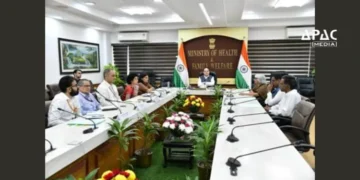










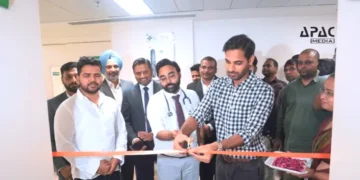






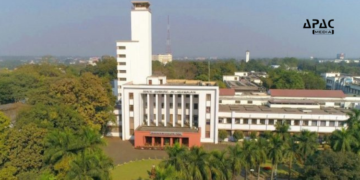
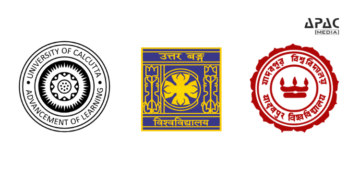

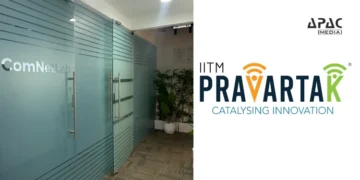
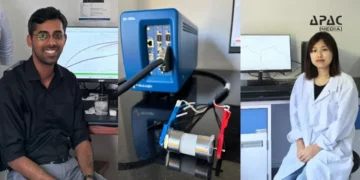
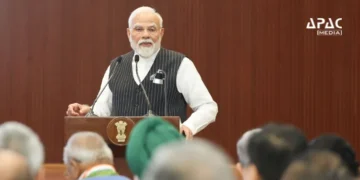

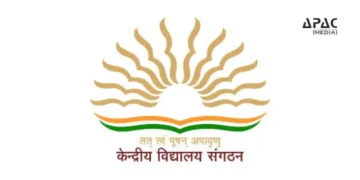

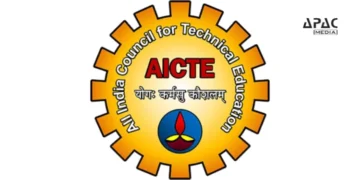







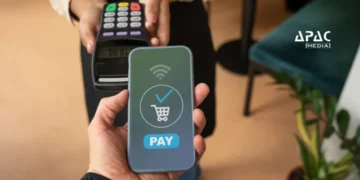

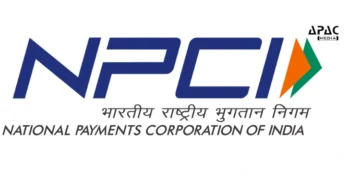







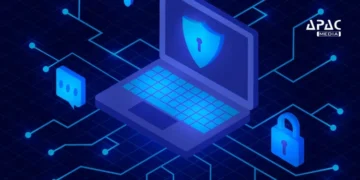


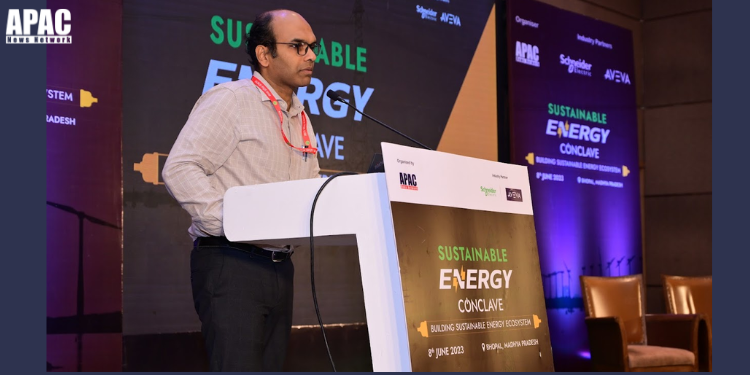


















Discussion about this post